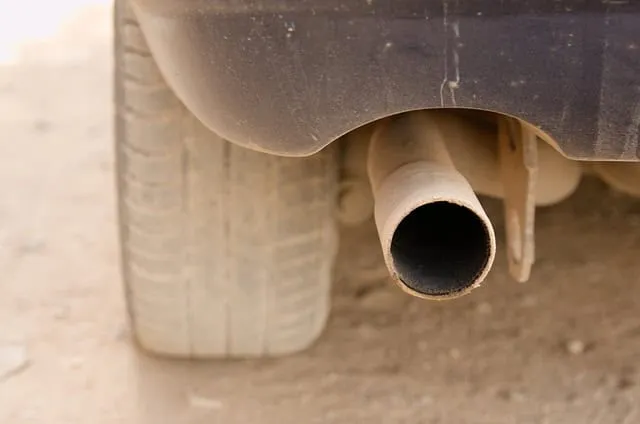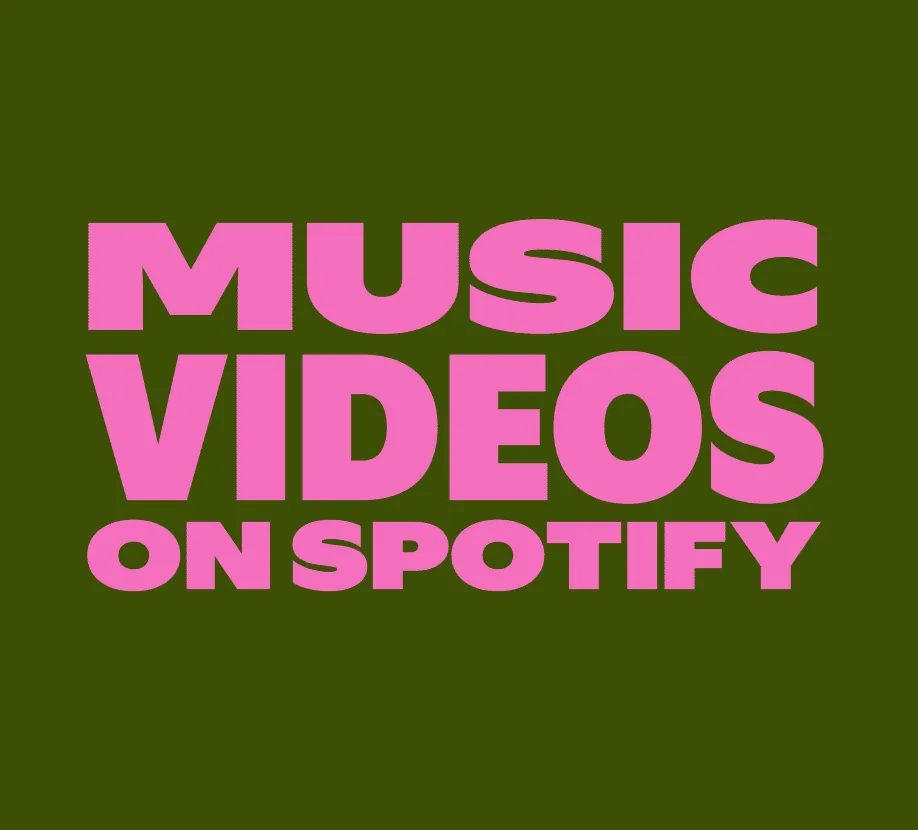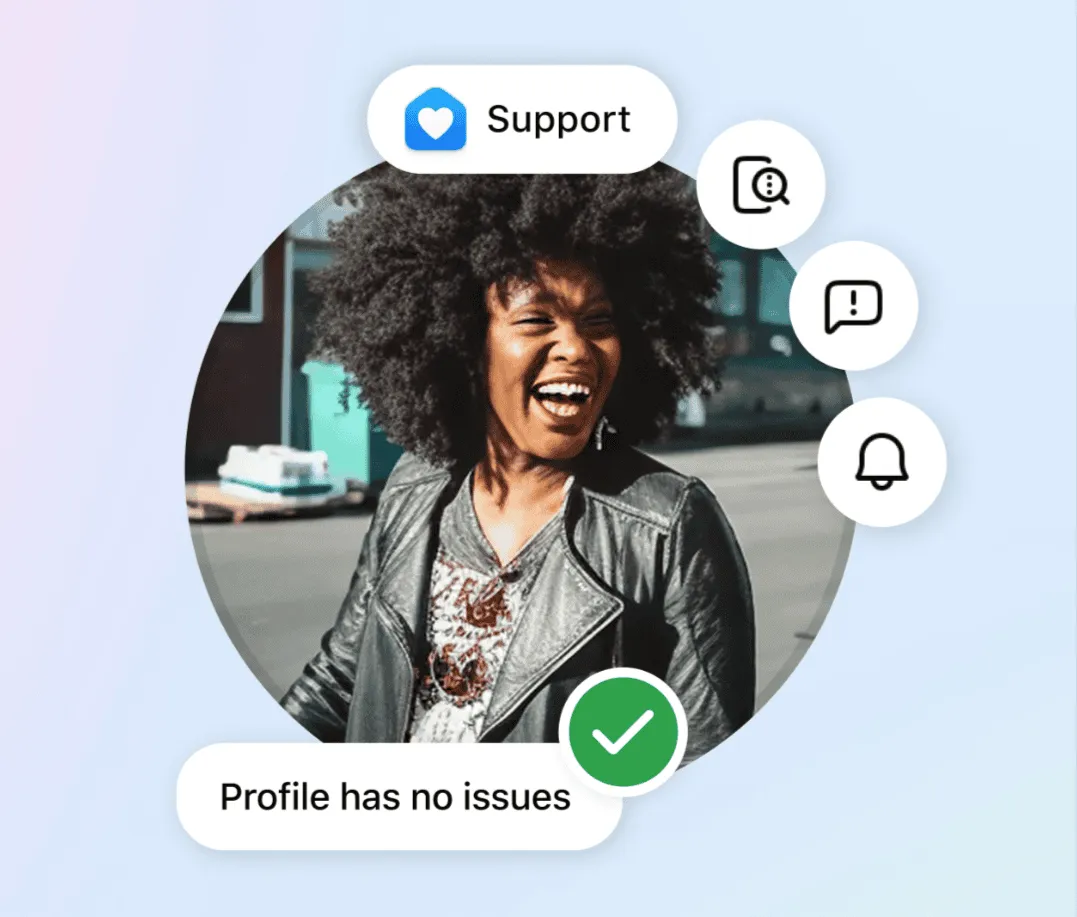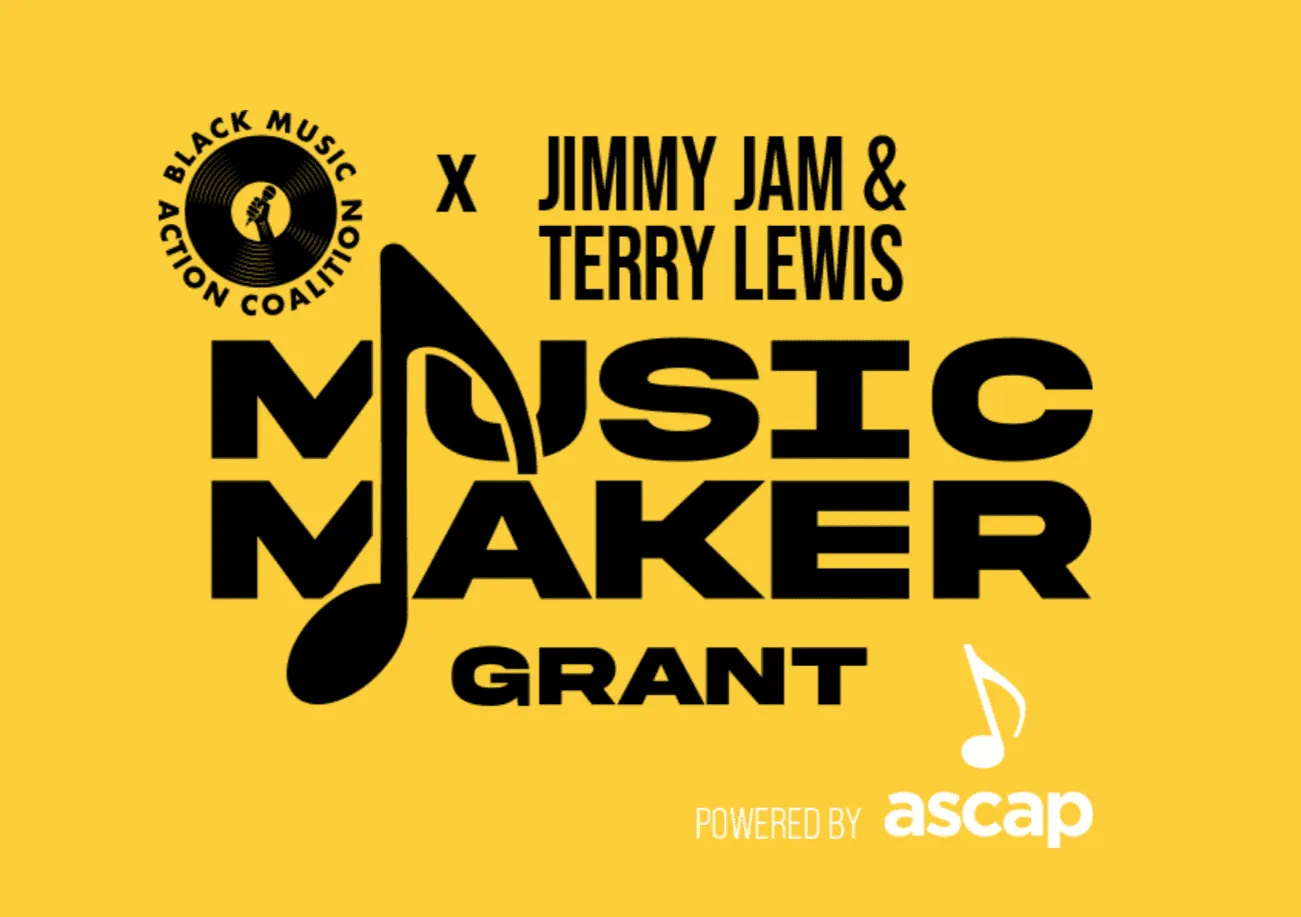ReverbNation conducted a survey of artists in an attempt to learn how the downturn was affecting their everyday lives across a variety of factors.
There was a general perception among respondents that the economic downturn was affecting them in a negative way, overall. Specifically, artists cited that they were touring less, receiving less money for gigs that have become harder to get, taking fewer lessons and turning to more DIY ways of recording their music:
much more after the jump…




